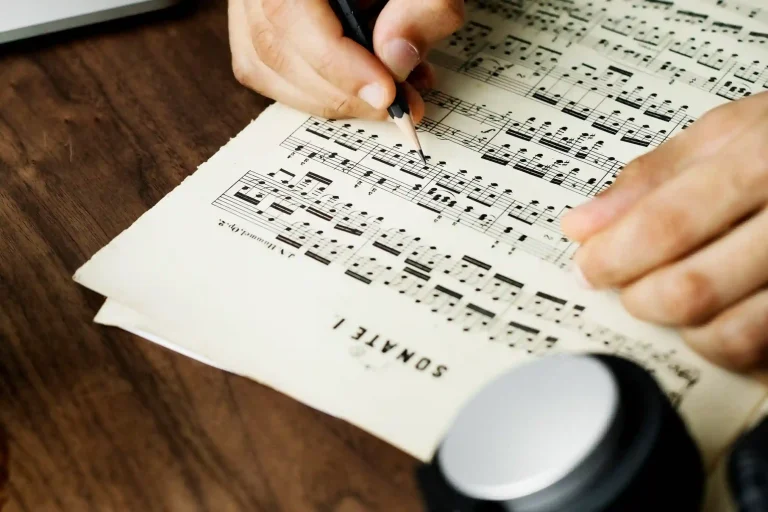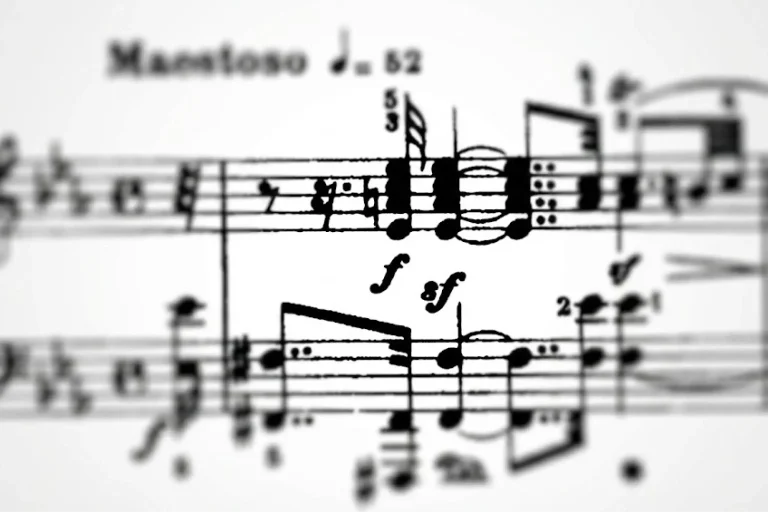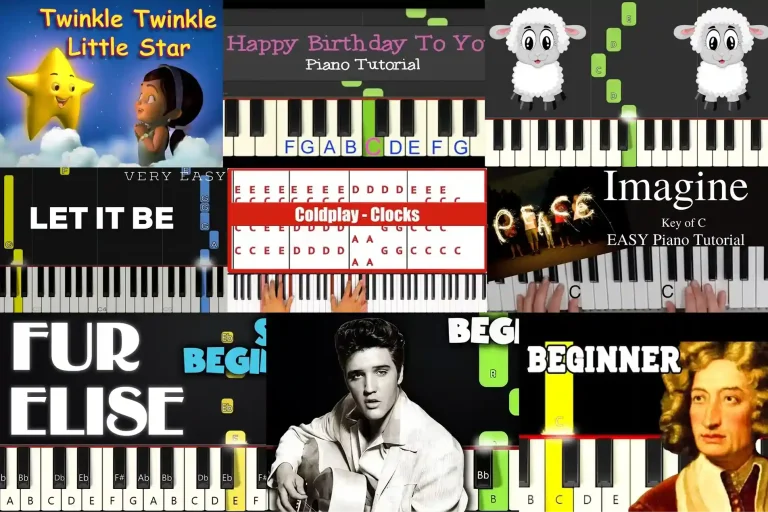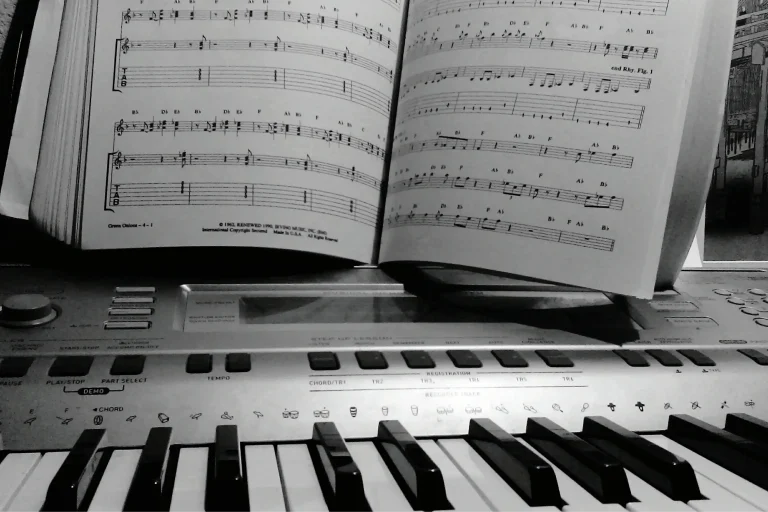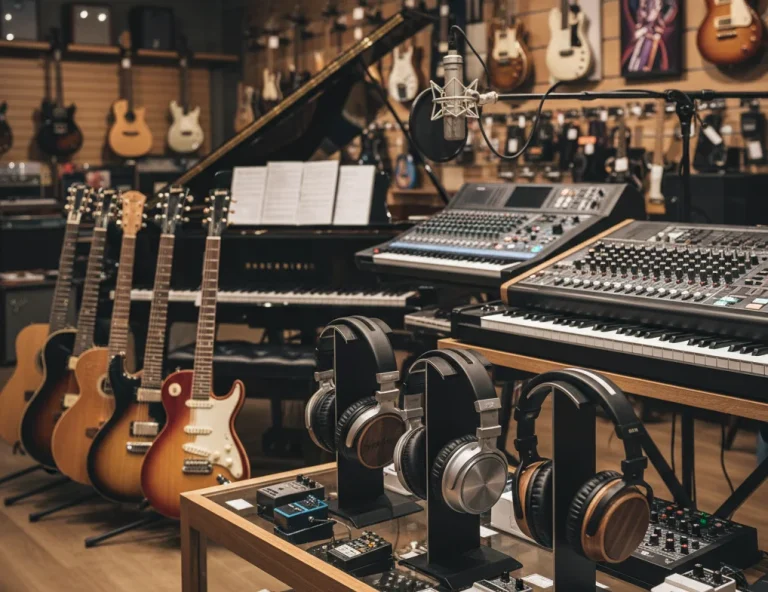All Topics
- Alchemizing Music Concepts for Students
- Artist Spotlight
- artium gift card
- Artium Maestros
- Artium News
- buying guide
- Carnatic Music
- Devotional Music
- Editorials by Ananth Vaidyanathan
- Film Music
- Guitar
- Hindustani Classical Music
- Indian Classical Music
- Indian Folk Music
- Insights
- Instruments
- Karaoke Singing
- Keyboard
- Kids Music
- maestros
- Music Education
- Music for Kids
- Music Industry
- Music Instruments
- Music Legends
- Music Theory
- Music Therapy
- Piano
- piano guide
- Success Stories
- Tamil Film Music
- Telugu Film Music
- Time Theory
- Tools
- Uncategorized
- Vocal Singing
- Vocals
- western classical music
- western music
- Western vocal music
Electronic Keyboard: The Must-Learn Instrument for Aspiring Musicians
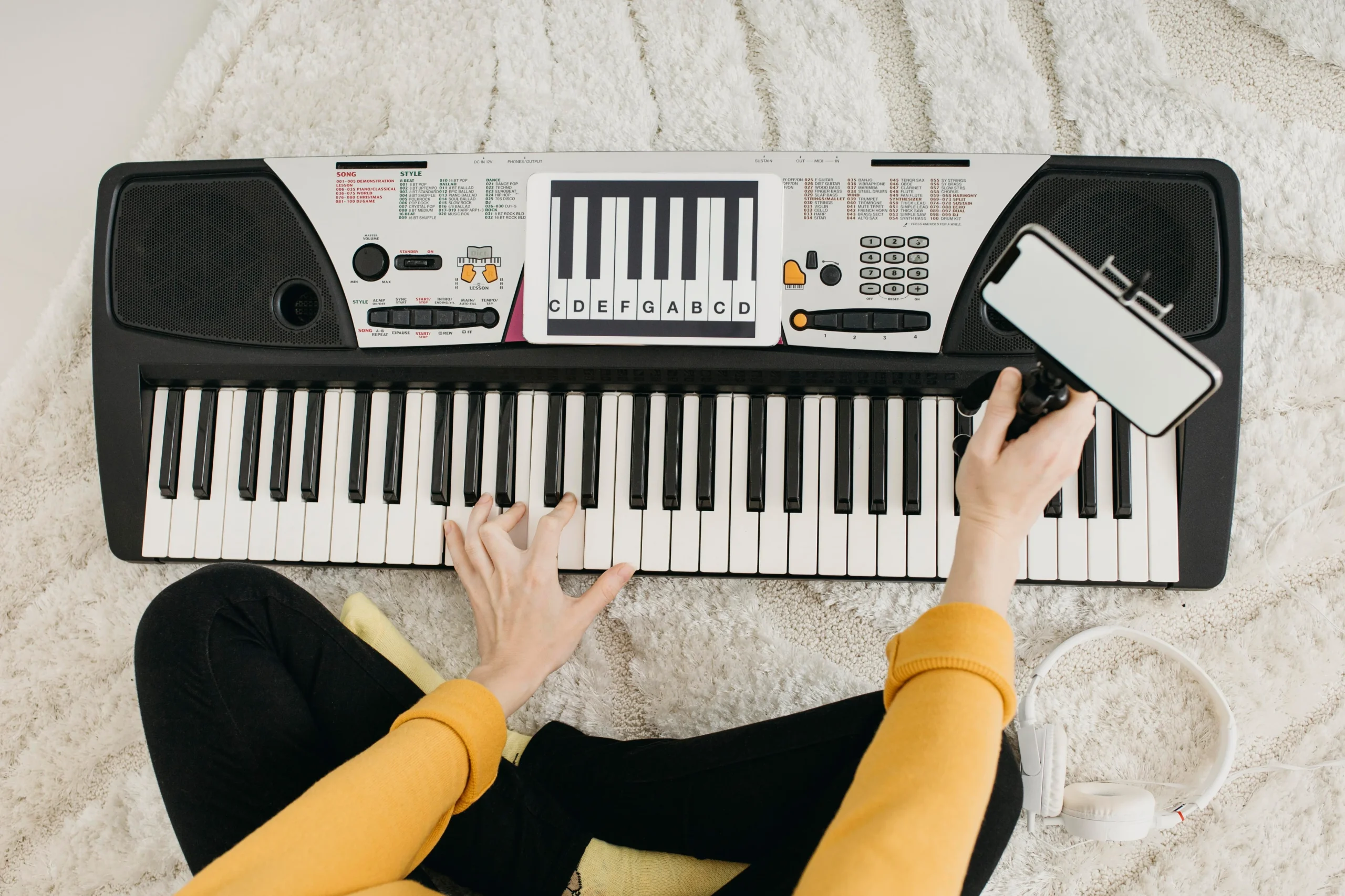
Table of Contents
Considering learning a musical instrument? Then there are many options you can choose. Among all of them, an electric keyboard is the one that stands as the preferred one among beginners and experienced musicians alike.
With the massive growth of digital music, the popularity of the electronic keyboard has soared, and for a good reason. The e-keyboard is easy to learn, versatile, and highly relevant in today’s digital music world, becoming an easy choice for upcoming musicians.
The e-keyboard is one of the best musical instruments if you’re about to start your musical journey. Our structured keyboard lessons, designed and certified by Louiz Banks (Grammy Nominee and the Godfather of Indian Jazz), expert faculty, and tailored learning paths can help you explore the power of the keyboard.
But before that…
If you’re excited to begin your online guitar learning journey, start with a free trial lesson today!
Benefits of Learning the Electronic Keyboard
With the growing popularity of online music, learning tools, learners today are steering more towards electronic music instruments. And if you’re a beginner or an aspirant looking to expand your musical knowledge, then an electronic keyboard offers a wealth of benefits:
- Accessibility
E-keyboards are compact, affordable, making them the perfect fit for learning from home.
- Versatility
Keyboards are one of those instruments that fit right into every music genre. It can also stimulate different instruments’ sounds.
- Easy to learn
With its visual keys and built-in guidance modes, the E-keyboard make learning easy for beginners.
- Digital features
With features like rhythm tracking, tempo controls and recording options, E-keyboards make practice fun and interactive.
Why is the Electronic Keyboard Ideal for Aspiring Musicians?
A keyboard is the perfect instrument and a gateway to the larger world of music. Here are some of the reasons why it is the perfect choice for beginners:
- Visual learning – The layout of notes on a keyboard is quite straightforward. It makes it easier for a learner, especially a visual learner, to understand pitch, intervals, and chords properly.
- Musical Foundation – As a musician, the understanding of scales, chords, rhythm and harmony are all essential. When you learn keyboards, it strengthens all these elements regardless of your musical background or aspirations.
- Great for kids and adults – A keyboard is the perfect instrument that offers a gentle learning curve and tons of rewarding moments. So, whether you’re on the lookout for piano lessons for kids or the right path for yourself, the electronic keyboard may just be the right option for you.
- Composing and producing – Aspiring music producers can use keyboards as a MIDI input device. Knowing how to play one opens doors to music composition and digital audio production.
How Electronic Keyboards Compare to Traditional Pianos?
There are differences between an Electronic keyboard and a traditional piano. Here are some of the differences –
- Size & Portability – A traditional piano is large, stationary and occupies space. The E-keyboards are portable, space-efficient and perfect for home setups.
- Maintenance – While an acoustic keyboard needs regular tuning and upkeep, an E-keyboard only needs you to plug and play.
- Affordability – The price for both an E-keyboard and an acoustic piano greatly varies. The price of a full-sized digital keyboard costs just a fraction of an acoustic grand piano. If you are a beginner, the smart and budget-friendly choice will be to invest in an E-keyboard.
- Practice Features – An E-keyboard comes with a metronome, demo songs, and learning tools for an interactive learning experience, while an acoustic piano does not have these features.
At Artium, we integrate digital tools into our online piano lessons to ensure you make the most of your learning right from the first class.
Choosing the Right Electronic Keyboard
Following are the few things to consider when buying your first keyboard –
- Number of Keys
For beginners you can start with 61 keys. But, if you want to mimic and get the feel of a traditional piano, then a full 88-key model will be ideal.
- Touch Sensitivity
The E-keyboard allows you to tune your keys to respond to how hard or soft you play them. This feature allows expressive playing and is limited to E-keyboards only.
- Built-in Features
E-keyboards come with other features like built-in speakers, headphone jacks, tempo control, instrument voices, and more.
6 Tips for Learning and Mastering the Electronic Keyboard
Here are some important tips for learning and mastering the keyboard –
- Start easy – Begin your learning journey with introductory piano notes for beginners like C, D, E, F, and G. Firstly, learn to position and recognize these patterns on the keyboard.
- Practice daily – As the saying goes, practice is the key to success. A daily 15-minute focused practice can lead to consistent progress in your learning. Short, consistent practice is always better than long, inconsistent practice routines.
- Use both hands – If you are a right-handed person, start including your left hand early on and vice versa. This will help you improve coordination and prepare for more complex pieces.
- Play songs you love – Regularly practicing and playing your favorite songs on the electronic keyboard will make your practice more fun and motivate you.
- Take guided lessons – While self-learning music is excellent, it has limitations, unlike guided training.
- Stay inspired – Find every inspiration you can, whether you watch keyboard performances or concerts, explore different genres of music, or even try to compose your own.
Learn From the Best at Artium Academy
At Artium Academy, we pride ourselves on offering world-class music education designed and certified by legendary musicians from India. Our keyboard and piano course is spearheaded by Louiz Banks, a Grammy nominee and the Godfather of Indian Jazz.
This certified course ensures you not only learn how to play but also understand the soul of music. So, whether you are searching for “keyboard lessons near me” or trying to give your child a structured learning path, Artium is your go-to platform. Our LIVE 1:1 classes, instant and tailored feedback, and performance opportunities ensure you find your rhythm and voice.
An electronic keyboard is a perfect instrument for aspiring musicians. It is a tool of expression, a foundation of musical knowledge, and an opening to other musical disciplines. It is not only affordable but also compatible with recent music technology, making it a must-learn instrument in the modern age.
So, if you’re a parent looking to enroll your child or an adult looking to reignite your childhood dream, take the first step with us. Join our online music classes and learn from the best instructors worldwide. Start your journey with Artium Academy — where music meets mentorship.
FAQs
Most E-keyboards have 61 or 88 keys. The 61-key keyboard is perfect for beginners and new learners due to its compact and affordable features. The 88-key keyboard imitates the traditional piano keyboard and is best for those who want the feel of playing the piano.
Follow the points below to learn the E-keyboard –
-
- Start with the basic notes C, D, E, F, and G and understand their position on the keyboard.
-
- Practice at least 15 minutes daily to build confidence and muscle memory.
-
- Be ambidextrous to build coordination.
-
- Build motivation by playing your favorite songs
-
- Join online music classes and take guidance from experts.
Here are the subtle differences between a digital keyboard and an E-keyboard – 1) E-keyboards are typically portable, lightweight instruments with built-in speakers, demo songs, and the sound of other instruments. 2) Digital keyboards focus on replicating the touch and feel of acoustic pianos with weighted keys and higher-quality sound samples.
A synthesizer is a more advanced instrument designed to create and manipulate sounds electronically.
-
- Synthesizers allow deep control over sound design, ideal for music production and electronic genres.
-
- On the other hand, an electronic keyboard is designed primarily for playing music and learning. It has preset sounds, auto-accompaniment, and is user-friendly for beginners.
An electronic keyboard is the best starting point for learning music or playing songs. A synthesizer might be your next step if you’re interested in sound creation and music production.

